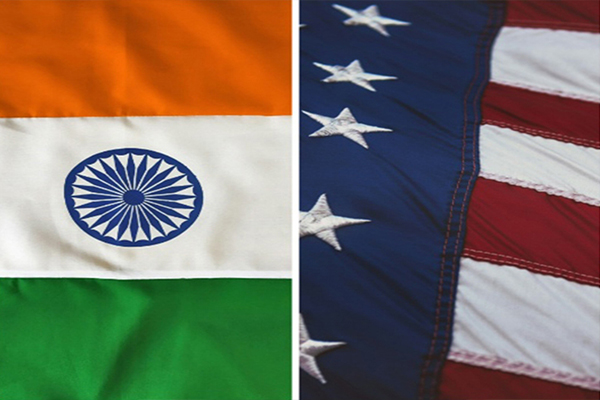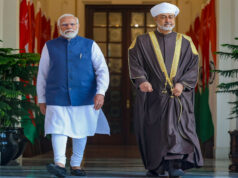With India’s chief trade negotiator in Washington DC and the clock ticking, the next seven days could determine whether India and the United States settle for a limited “mini-deal” or walk away from the negotiating table — at least for now.
The July 8 deadline is significant. It marks the end of President Trump’s 90-day suspension of the “Liberation Day” country-specific tariffs, originally announced on April 2.
If no agreement is reached by then, India faces renewed tariff uncertainty — though observers see a re-imposition as unlikely. Two paths emerge
Option One: A Mini-Deal
The more likely outcome is a limited trade pact — styled after the U.S.-UK mini trade deal announced on May 8.
Under such a deal, India is expected to cut MFN tariffs on a wide range of industrial goods, including automobiles, a persistent demand from Washington.
In agriculture, India may offer limited market access through tariff reductions and tariff-rate quotas (TRQs) on select U.S. products such as ethanol, almonds, walnuts, apples, raisins, avocados, olive oil, spirits, and wine.
However, India is unlikely to budge on sensitive sectors. No tariff cuts are expected for dairy products or key food grains like rice and wheat, where farm livelihoods are at stake. These categories are politically and economically sensitive, affecting over 700 million people in India’s rural economy.
Beyond tariffs, the U.S. is expected to press India for large-scale commercial purchases — including oil and LNG, civilian and military aircraft from Boeing, helicopters, and nuclear reactors.
There may also be pressure on India to ease FDI restrictions in multi-brand retail — potentially benefiting firms like Amazon and Walmart — and to liberalise rules on re-manufactured goods, currently subject to stringent import norms.
In return, the U.S. will refrain from reimposing the controversial 26% country-specific tariffs on Indian goods, which were unilaterally announced by President Trump on April 2. Instead, a 10% baseline tariff may apply to most imports from India — but the U.S. will not lower its own MFN tariffs on Indian exports.
This means Indian goods will continue to face higher tariffs (MFN+10%) in the U.S., while U.S. exports enter India at reduced or zero duties — raising questions about reciprocity.
This “mini-deal,” if concluded, would therefore focus on tariff reductions and strategic commitments, leaving broader FTA issues — including services trade, IP rights, and digital regulations — for a future negotiation.
Option Two: No Deal
Alternatively, the talks may collapse if the U.S. continues to insist on opening India’s core agriculture sectors or allowing entry of GMO (genetically modified) products. India has made it clear that it cannot compromise on staple crops and dairy, given the scale of farmer dependence and national food security concerns.
Agricultural goods account for less than 5% of U.S. exports to India, but Washington is believed to be pushing hard on this front. Experts worry that any tariff concessions will embolden U.S. to pressure India to dilute its minimum support prices (MSP) and public procurement systems — key pillars of India’s food policy.
If the deal fails, will Trump bring back the 26% country-specific tariffs on India? Trade experts say it’s unlikely. The U.S. had targeted 57 countries with these tariffs on April 2, but has only made a deal with the UK so far. Singling out India — which faced lower tariffs than many others — could look unfair. Still, with Trump, surprises can’t be ruled out.
Equitable Negotiation
Regardless of the outcome, trade experts caution that India must hold its ground and insist on a reciprocal, balanced, and transparent agreement. GTRI underscores “Any trade deal with the U.S. must not be politically driven or one-sided, it must protect our farmers, our digital ecosystem, and our sovereign regulatory space.”
Ajay Srivastava is the founder and head of the GTRI (Global Trade Research Institute)





